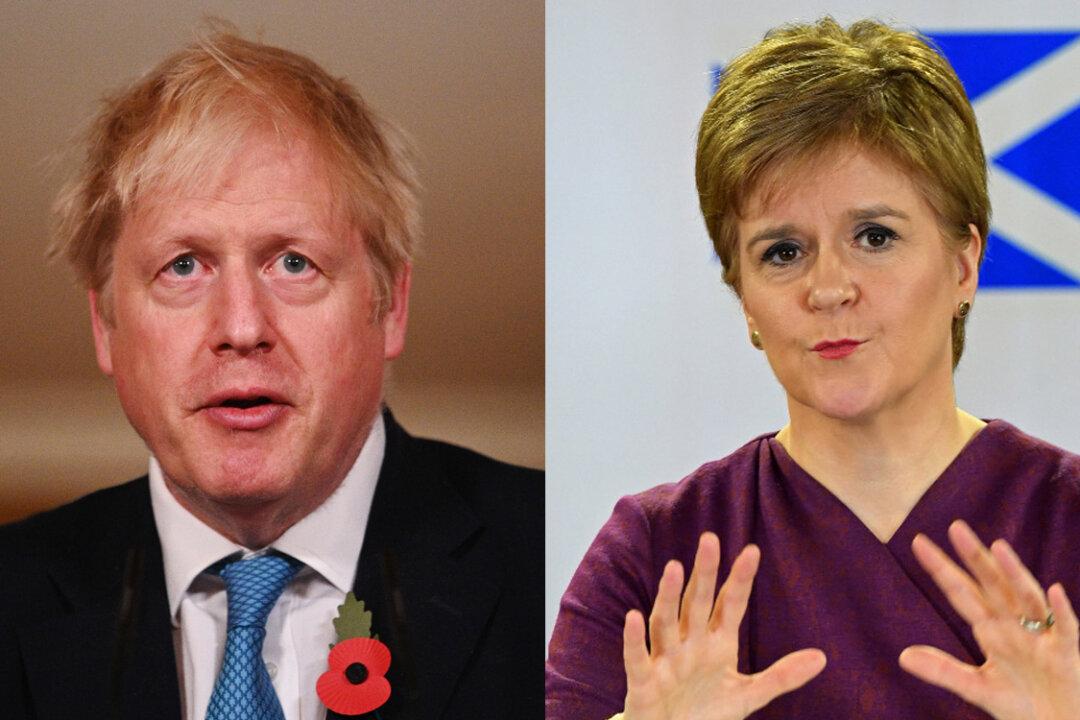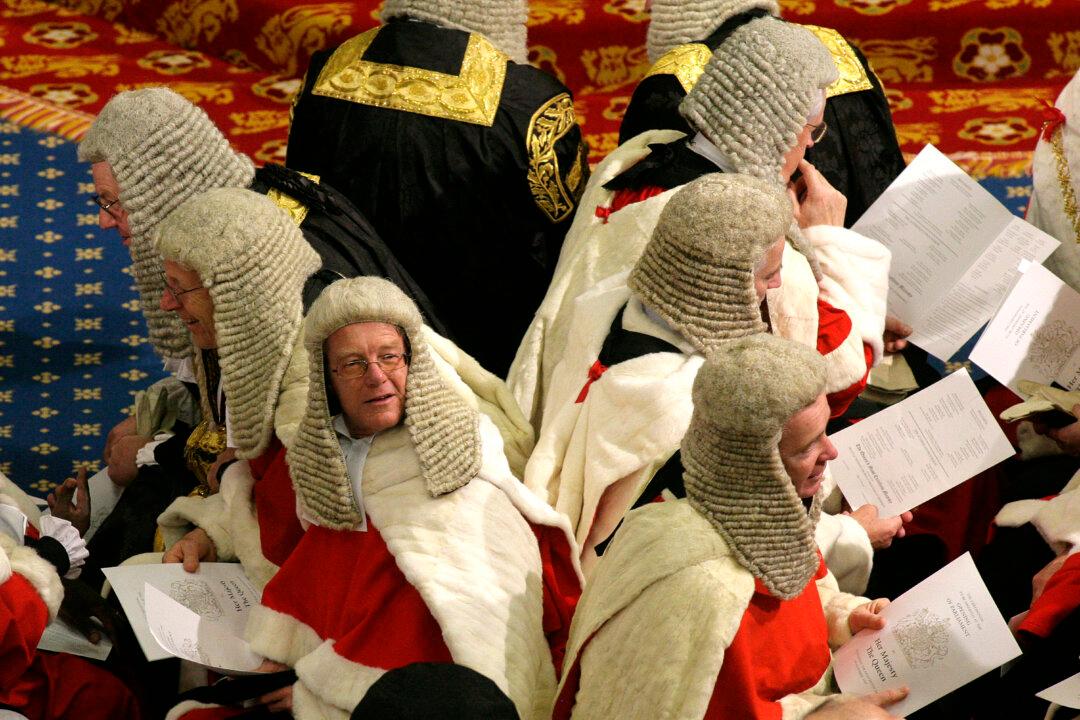As the curtain prepares to fall on the British Prime Minister Boris Johnson’s premiership “serious political gamesmanship” will determine Scotland’s future after its devolved government threw down the gauntlet on independence, according to political observers.
The leader of the Scottish National Party and Scotland’s First Minister, Nicola Sturgeon, has declared her government’s aim to make the UK’s next general election a de facto vote on Scottish independence if permission to hold a referendum on Oct. 19, 2023 is denied.



